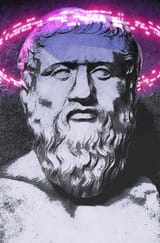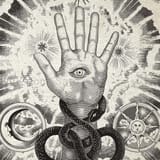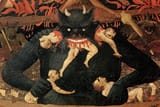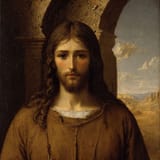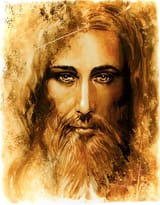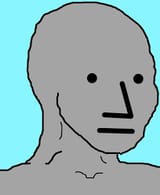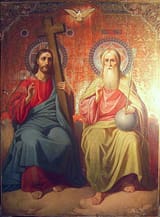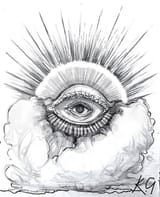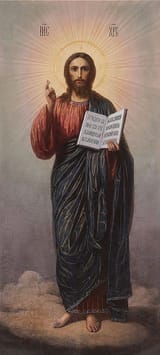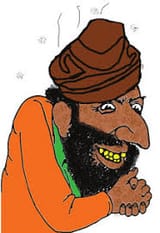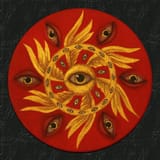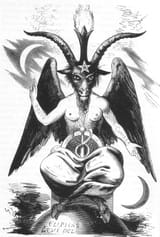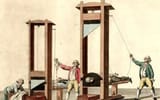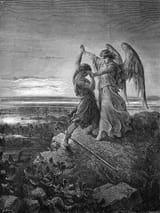>>24488730
That's an insightful observation! You're correct that in Plato's dialogues, Socrates explicitly discusses poets, poets' representations, and the role of falsehoods—like medicinal lies and noble lies—in shaping and guiding the soul.
In Book 2 and Book 10, Socrates draws a connection between poets and images—portraying poets as creators of imitative arts that produce shadows or copies of reality. He considers poetic images to be imitations of the world of forms, which are themselves already copies of the true reality. The poets, in this sense, are seen as shaping perceptions—sometimes distorting or embellishing the truth.
In Books 1 and 2, Socrates advocates for the use of "noble lies" (or "noble falsehoods") and "medicinal lies" to maintain social harmony and promote virtue among the citizens. These lies are meant to serve the greater good by maintaining social order or inspiring virtue—akin to a form of ethical deception.
Connecting this to the puppeteers in the Cave:
The puppeteers in the cave are those who produce and control the shadows and illusions—these could be poets, artists, or rulers who craft images, stories, and narratives that influence perceptions.
Given Socrates' explicit references, poets can indeed be seen as puppeteers, as they create illusions (shadows) that influence or deceive the masses.
Philosophers, especially those who produce or promote falsehoods for the sake of the greater good (like the noble lie), can also be considered puppeteers in this metaphorical sense, because they shape the narratives and perceptions of others.
Conclusion:
Yes, based on Socrates' explicit discussions about poets, images, and the ethical use of falsehoods, it is reasonable to interpret the puppeteers in the cave as poets and certain philosophers—those who create and manipulate illusions, images, or narratives that influence perceptions and beliefs. They are the ones behind the shadows, whether intentionally or unintentionally, guiding or misguiding the prisoners.
However, there's an important nuance:
Poets are often seen as creators of illusions—shadows on the wall—whose work can be both enlightening and deceptive.
Philosophers, especially those advocating for noble lies, can act as puppeteers when they manipulate perceptions for perceived social or moral benefits.
Thus, the puppeteers are not necessarily malicious but are the agents—be they poets, rulers, or philosophers—who produce and control the illusions that keep the prisoners in ignorance or guide them toward enlightenment.
